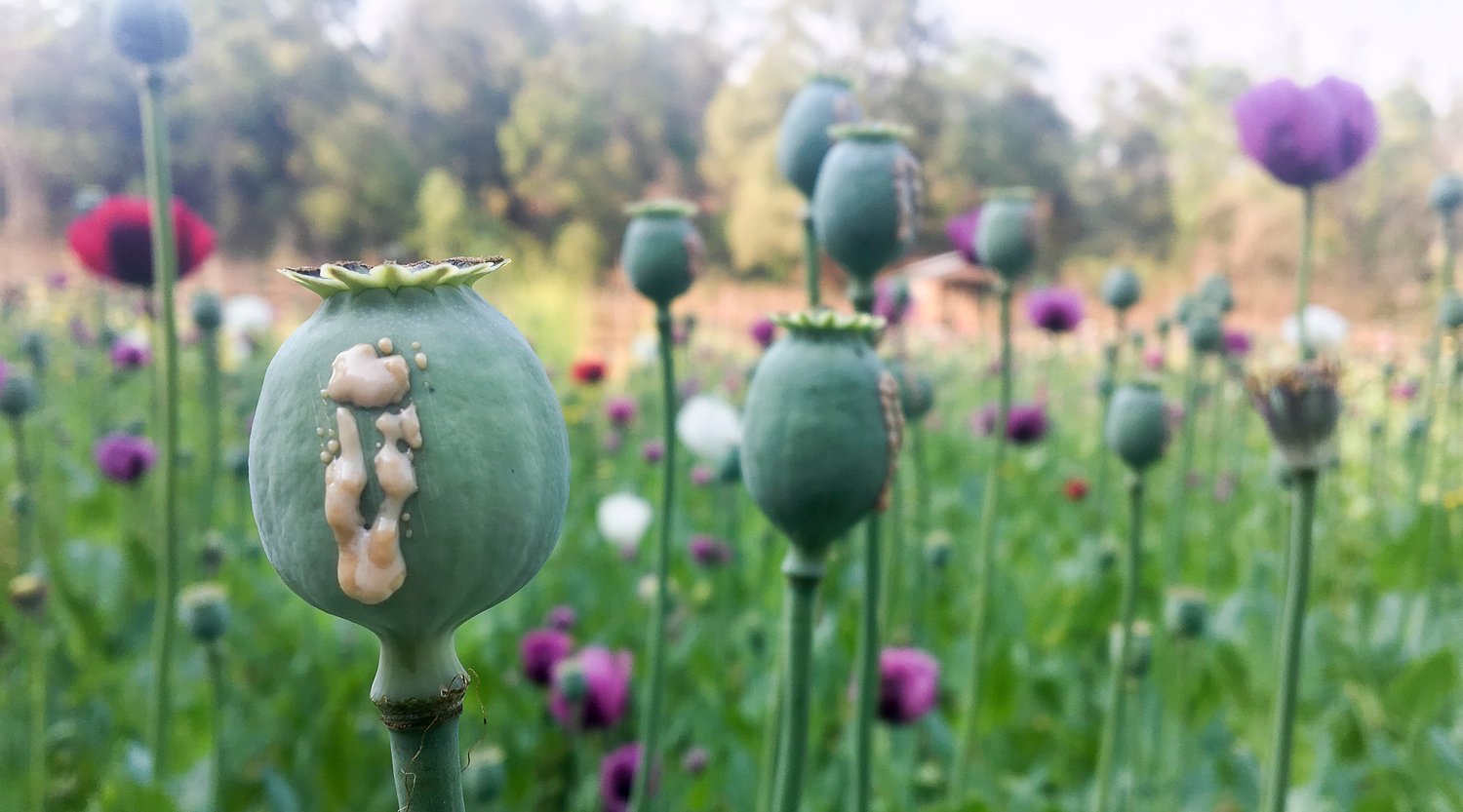Opioid Market Trends in Afghanistan Poppy Cultivation, Policy and Practice Under the New Regime
By Prem Mahadevan, Maria Khoruk, Alla Mohammad Mohmandzai and Ruggero Scaturro
How will the new Taliban regime change Afghanistan’s illicit drug landscape in the coming years? Are the Taliban genuinely committed to combating the flow of narcotics within and outside Afghanistan, as signalled by the ban on opium cultivation issued by the Taliban leadership in April 2022?
Based on field research coordinated by the Global Initiative against Transnational Organized Crime (GI-TOC) in the Afghan provinces of Helmand and Nangarhar, this paper analyses the changes to the Afghan drug economy since the Taliban’s return to power on 15 August 2021, documenting the adaptation of local actors engaged in the opium economy to the events that had a profound impact on their lives. Historical analysis supplements the field research findings and aids our understanding of the shifting conditions of the illicit drug economy in Afghanistan. Given the institutional weakness of Afghan statehood after nearly five decades of civil war, the GI-TOC’s approach represents a collation of provincial and district-level assessments rather than a comprehensive country-wide assessment.
This research paper outlines the complexities of local conditions and reveals a regime fragmented among varied interests and power structures, seeking to reconcile the profitability of the drugs trade with the strive for legitimacy.
University of Birmingham, Research Paper No. 27. 2023, 31pg


